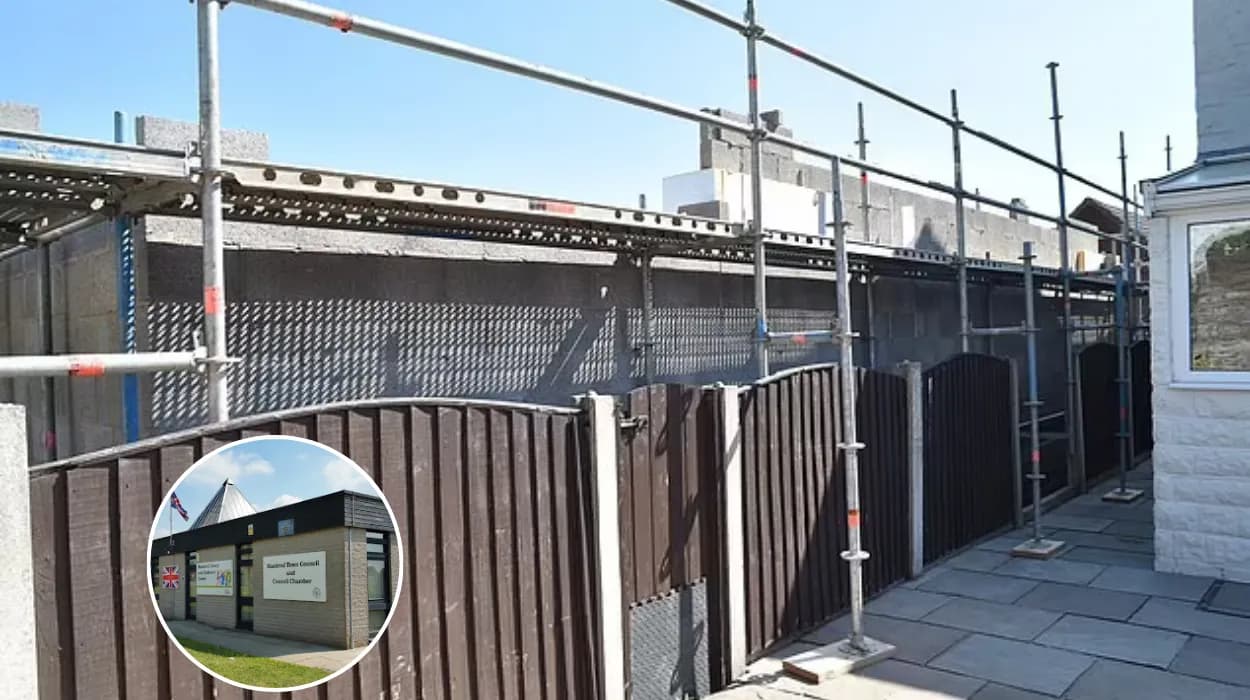Key Points
- Residents in Blackrod, Greater Manchester, have strongly criticised the approval of a new development project in their town.
- The development has been described by neighbours as "crazy" due to concerns over its impact on the local environment and community.
- The decision to allow the development has sparked significant local opposition and debate.
- Neighbours fear increased traffic, strain on local services, and loss of green spaces.
- The development's proponents argue it will bring economic benefits and housing opportunities.
- The controversy highlights tensions between urban development and community preservation in Greater Manchester.
Neighbours in Blackrod, Greater Manchester, have expressed strong opposition to a newly approved development in their town, branding the decision as "crazy." This reaction comes amid growing concerns about the potential negative effects of the project on the local environment, infrastructure, and community life.
What is the new development in Blackrod and why is it controversial?
As reported by local sources, the development in question involves constructing new housing and commercial facilities in Blackrod, a town within Greater Manchester. Neighbours have voiced their alarm over the scale and nature of the project, fearing it will disrupt the town’s character and lead to increased traffic congestion, pressure on public services, and the loss of cherished green spaces.
One resident described the decision as "crazy," reflecting widespread frustration among locals who feel their concerns have been overlooked in favour of development interests. The opposition centres on the belief that the project prioritises economic gains over community wellbeing and environmental sustainability.
Who is involved in the decision-making process and what are their perspectives?
The local planning authorities granted permission for the development after reviewing proposals submitted by developers. Supporters of the project argue that it will provide much-needed housing and stimulate economic growth in the area. They contend that the development aligns with broader regional plans to accommodate population growth and improve infrastructure.
Conversely, residents and community groups have mobilised to challenge the decision, organising meetings, petitions, and public demonstrations to voice their disapproval. They urge the council to reconsider the approval and engage more meaningfully with the community to find a balanced solution.
How are neighbours expressing their concerns?
Neighbours have taken various steps to make their voices heard. Community meetings have been held to discuss the potential impact of the development, and petitions have been circulated to gather signatures against the project. Some residents have also engaged with local media to highlight their grievances and appeal for greater transparency and accountability from decision-makers.
The strong language used by neighbours, including terms like "crazy," underscores the depth of their opposition and the emotional stakes involved. They fear irreversible changes to their town’s landscape and social fabric.
What are the potential impacts of the development on Blackrod?
The primary concerns raised by neighbours include:
- Increased traffic congestion: More residents and businesses could lead to overcrowded roads and longer commute times.
- Pressure on local services: Schools, healthcare facilities, and public transport may struggle to cope with a sudden population increase.
- Loss of green spaces: The development may encroach on parks, fields, and natural habitats valued by the community.
- Change in town character: The scale and design of new buildings might not blend with Blackrod’s existing aesthetic and heritage.
Proponents counter that these issues can be mitigated through careful planning, infrastructure investment, and community engagement.
What does this controversy reveal about urban development in Greater Manchester?
The Blackrod case exemplifies a broader challenge faced by many towns and cities in Greater Manchester and beyond: balancing the need for growth and development with preserving community identity and environmental quality.
As urban areas expand, tensions often arise between developers, authorities, and residents. This situation calls for transparent decision-making processes, inclusive consultations, and sustainable planning practices that respect both economic and social priorities.
